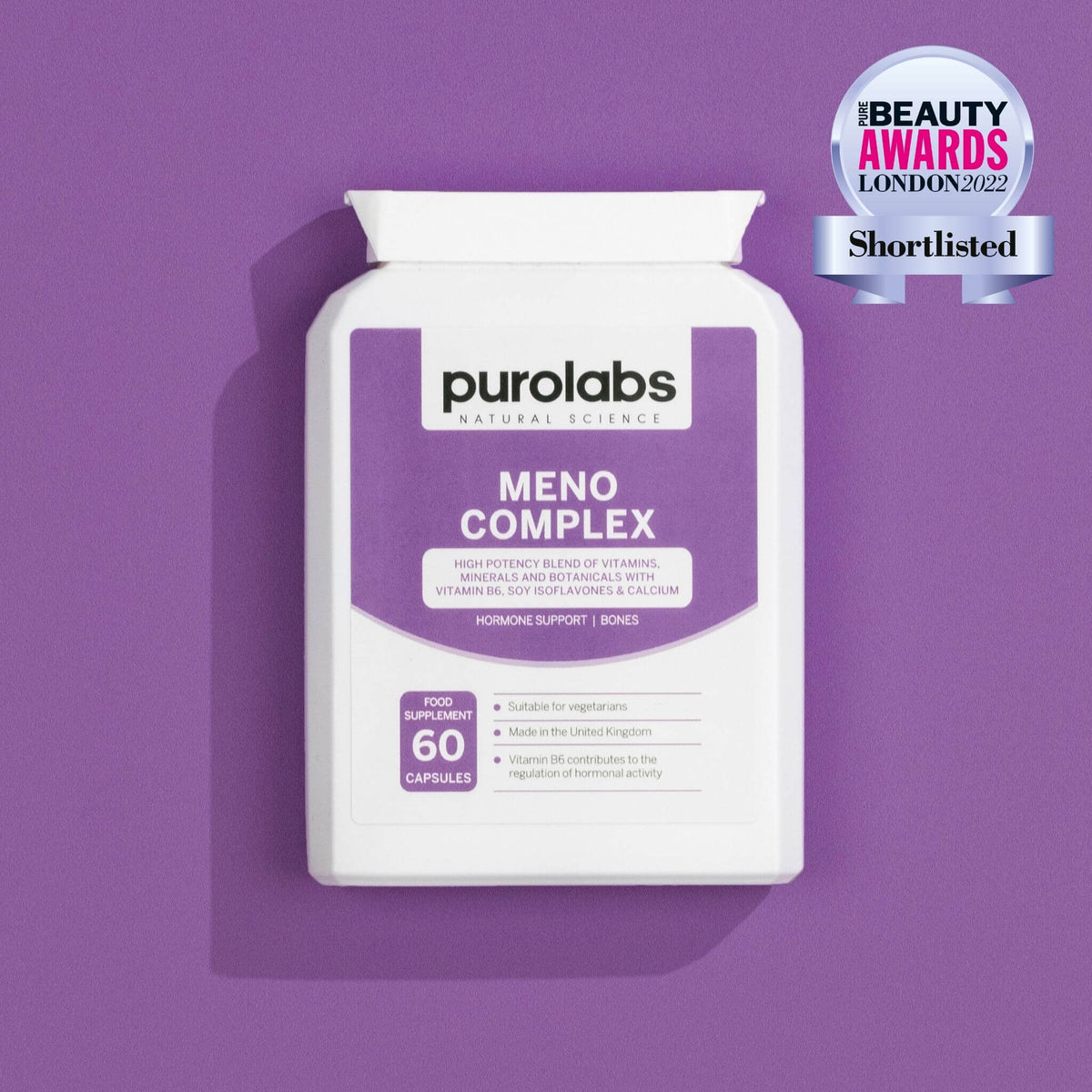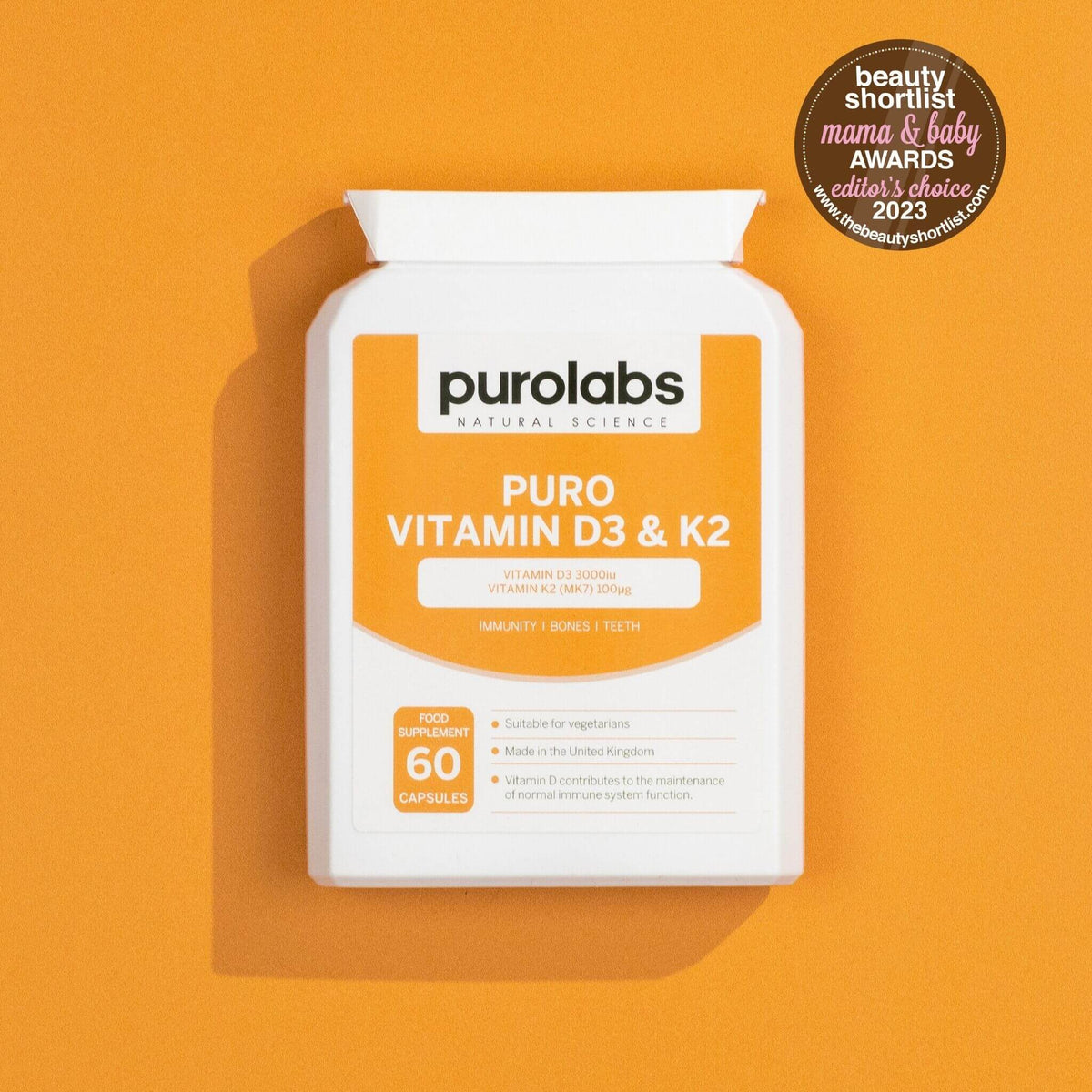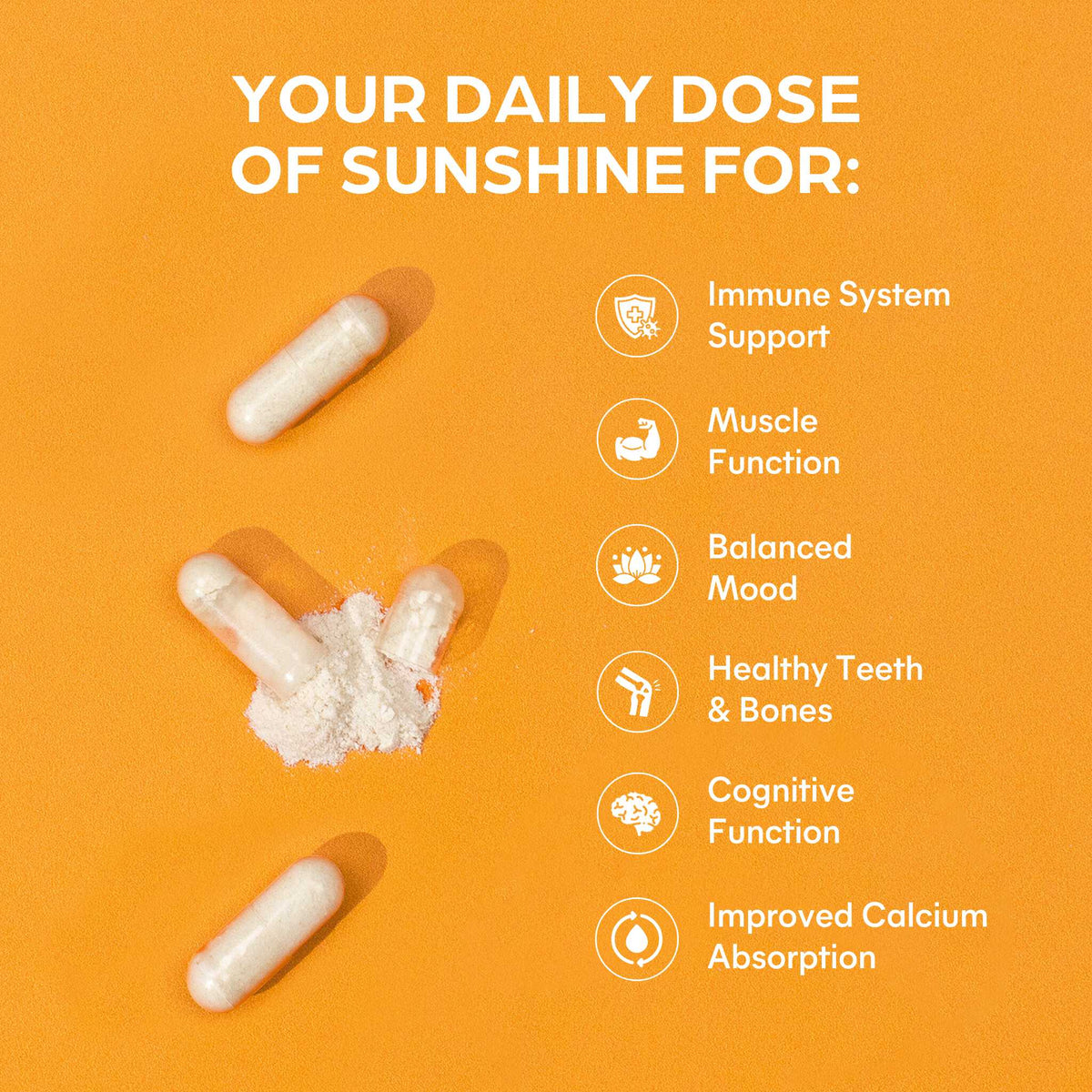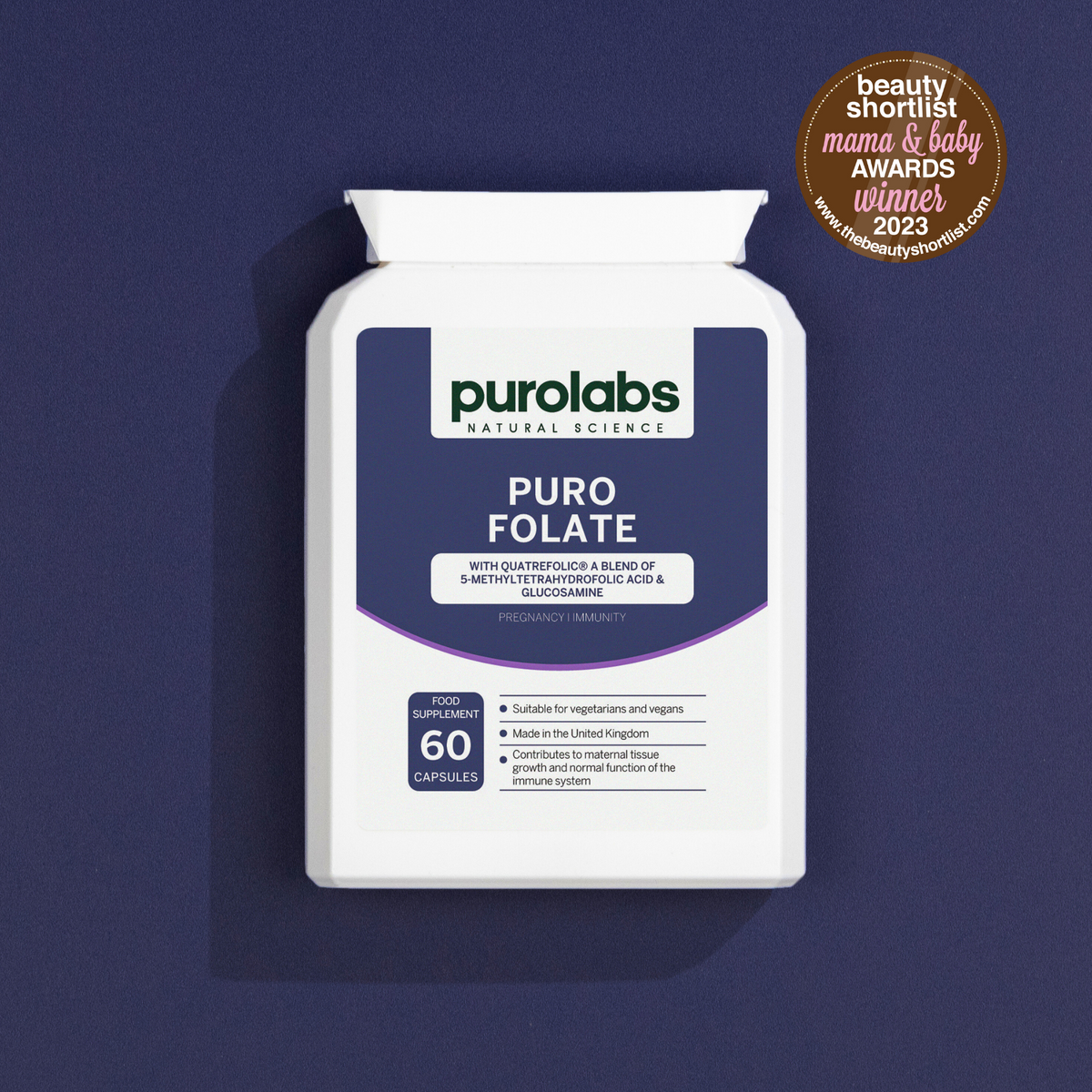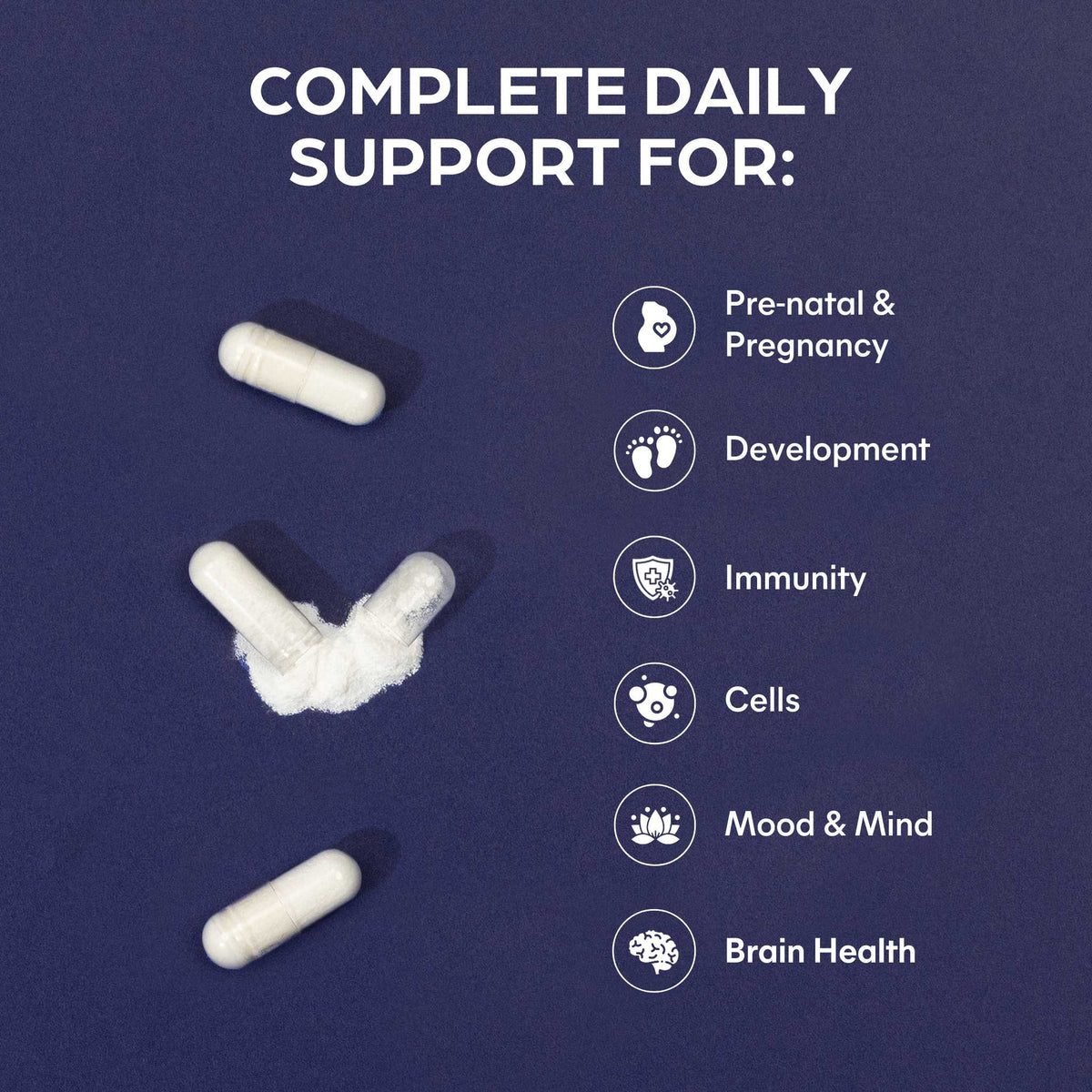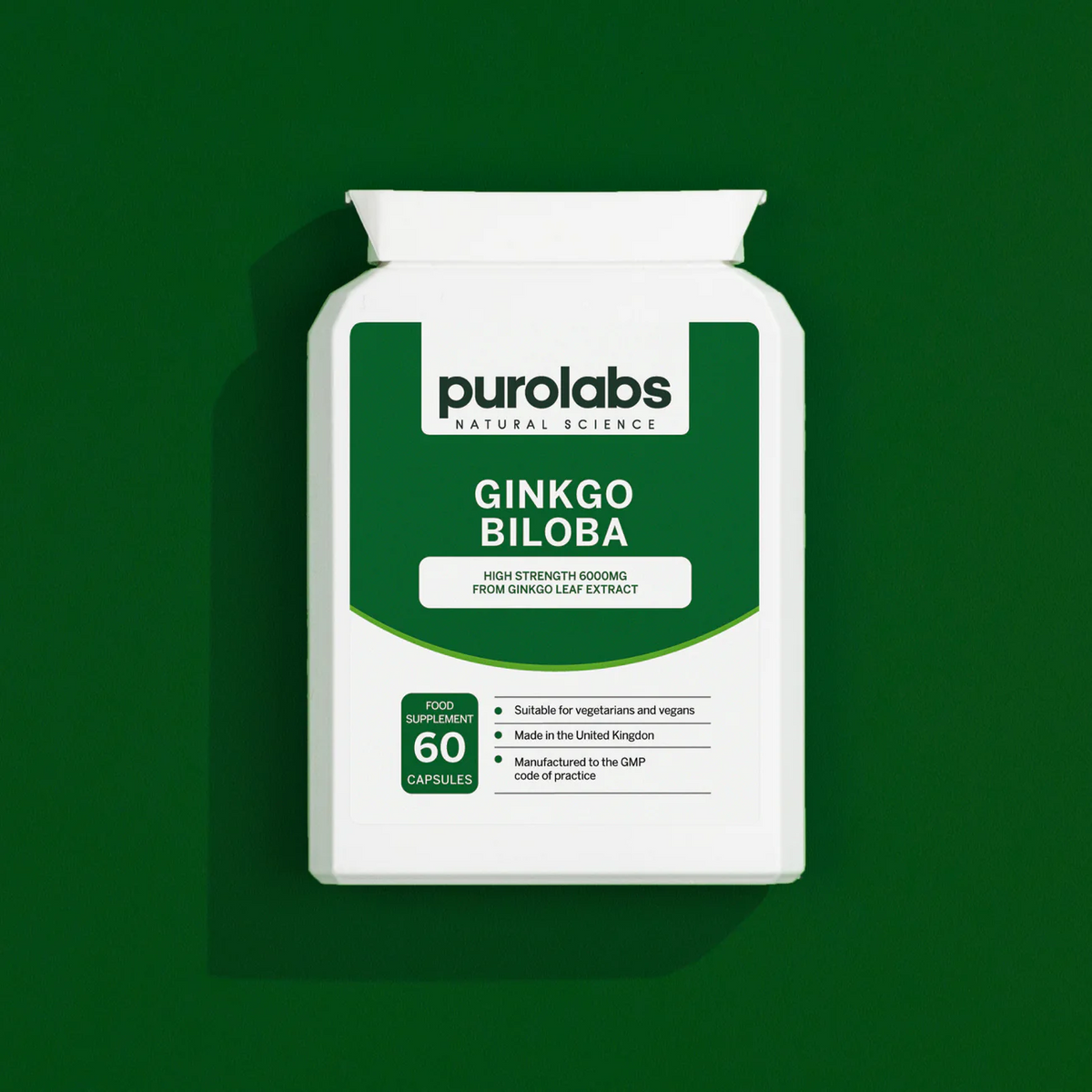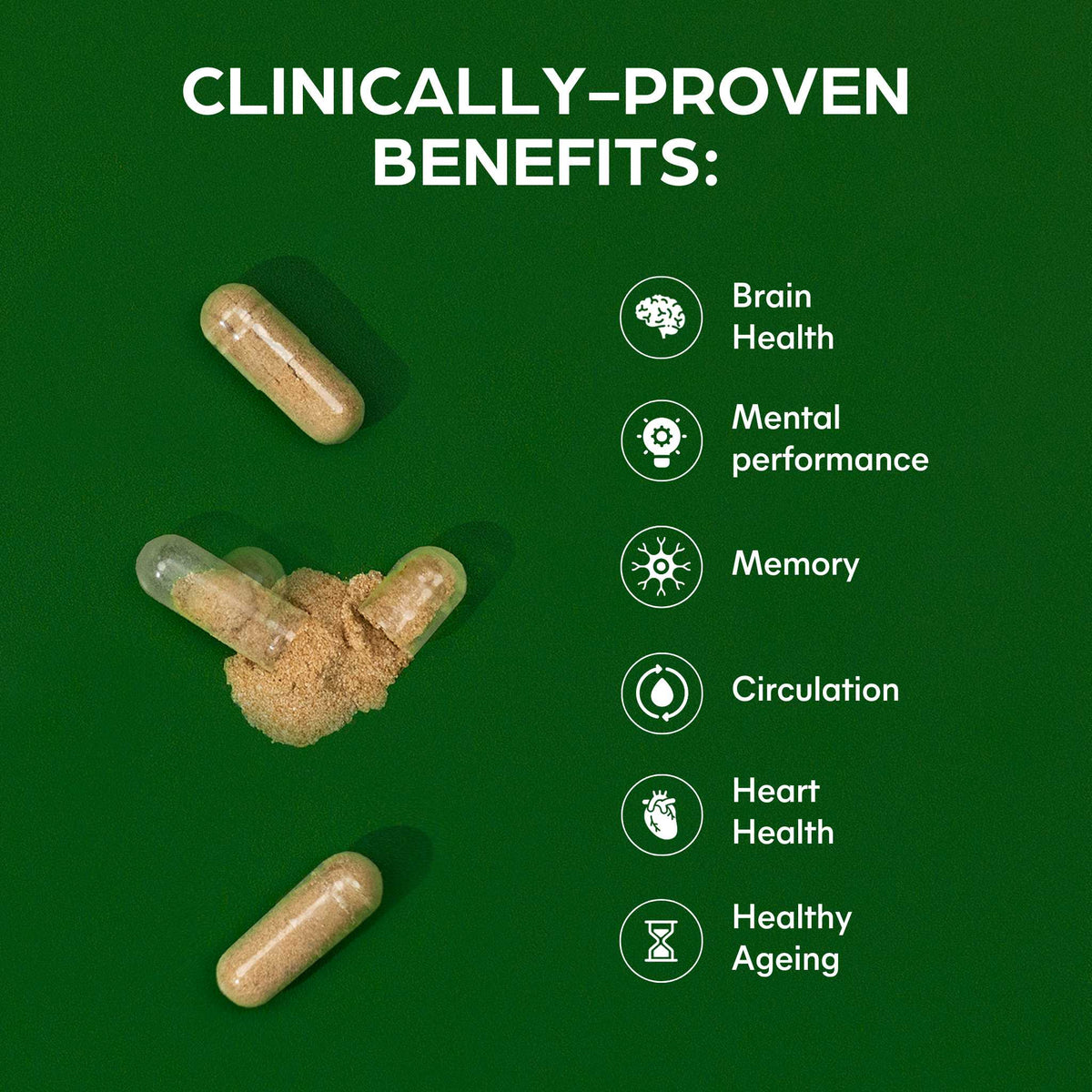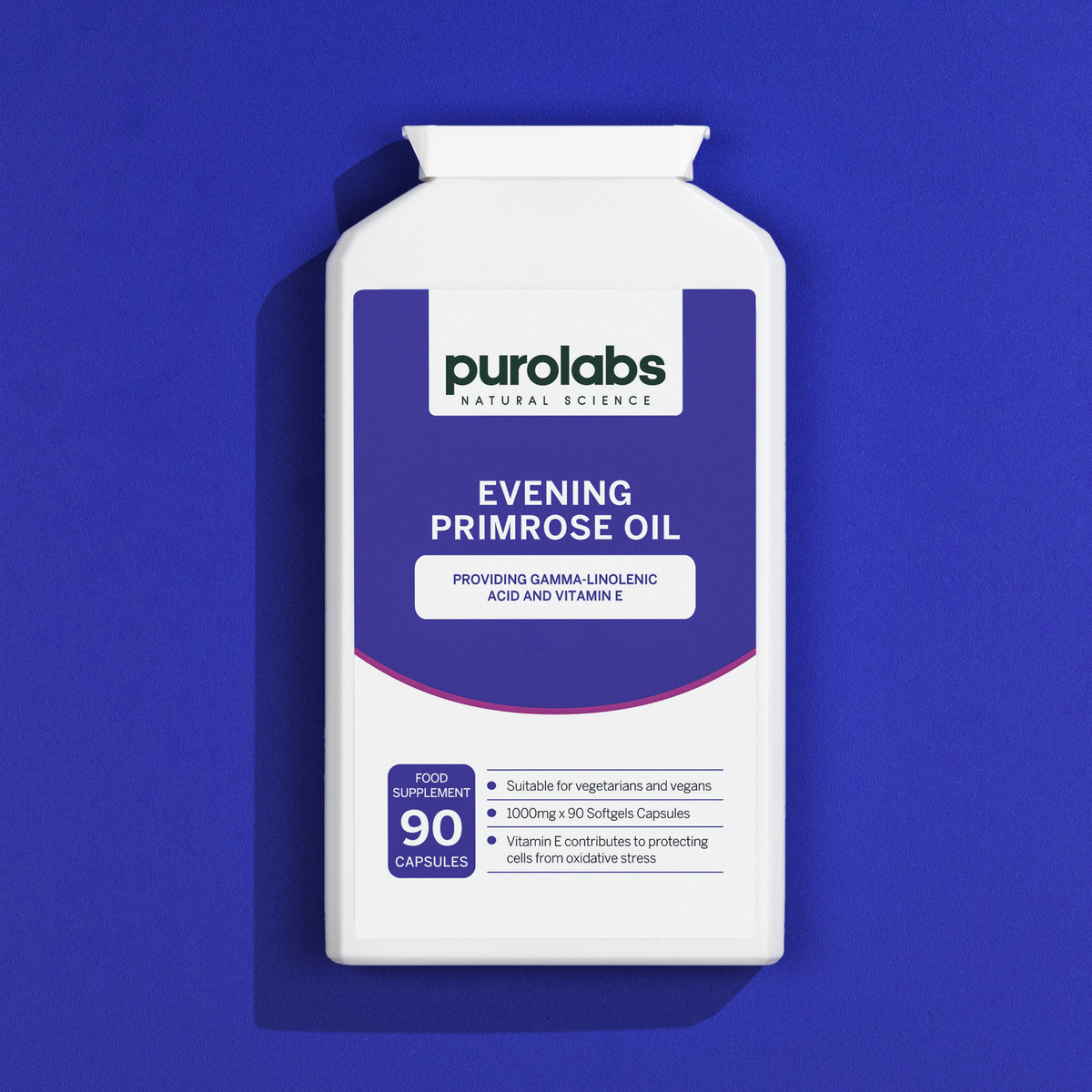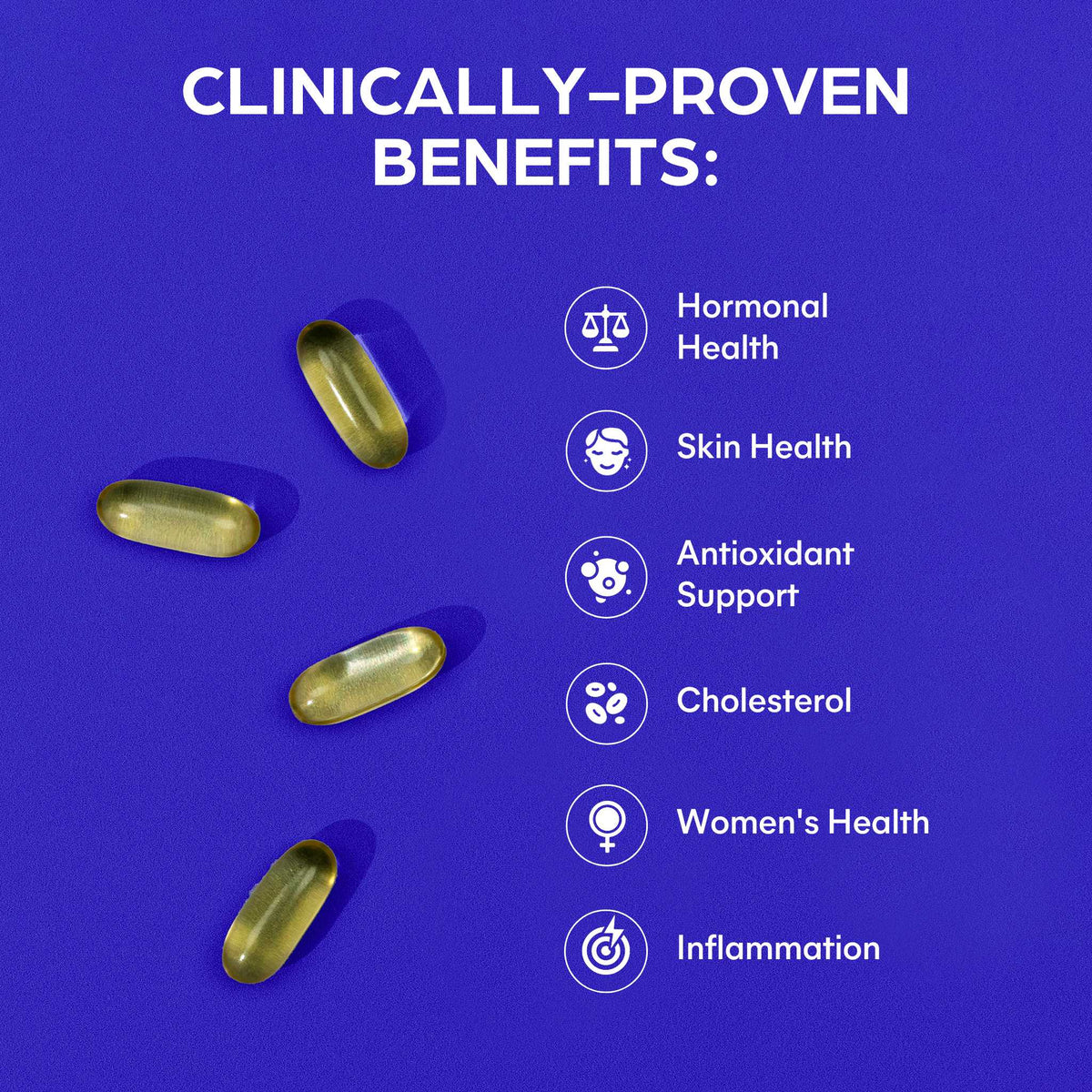
Menopause Supplements
Filter
Filter
Sort by
Sort by
4.5
Rated 4.5 out of 5 stars
1,445 Reviews
4.4
Rated 4.4 out of 5 stars
1,027 Reviews
4.8
Rated 4.8 out of 5 stars
763 Reviews
4.9
Rated 4.9 out of 5 stars
72 Reviews
4.5
Rated 4.5 out of 5 stars
123 Reviews
4.6
Rated 4.6 out of 5 stars
58 Reviews
4.9
Rated 4.9 out of 5 stars
16 Reviews
















